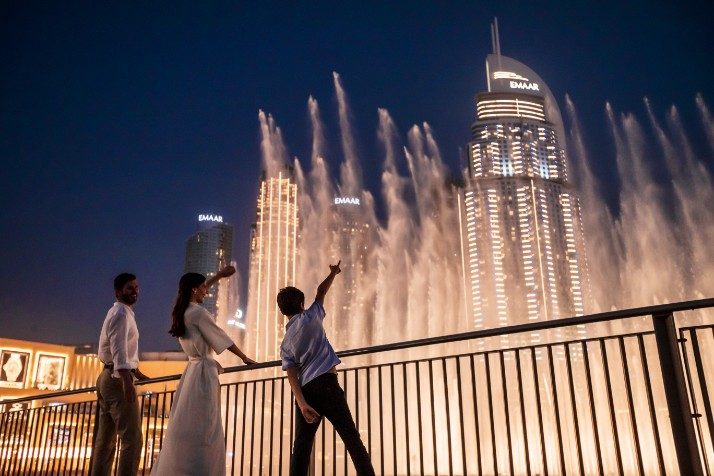Our Initiatives
NET ZERO VISION
- Reforestation:- In our unwavering commitment to a greener future and in support of the UAE Govt’s Net Zero by 2050 Vision, we have aligned our practices to reflect this commitment. We have embraced this mission to mitigate carbon emissions and enhance ecological diversity through tree-planting initiatives.
- Be Local Theme:- We prioritise our local produce to minimise carbon emissions. We’ve partnered with Palmade, Al Badia Agriculture, Barakat, Coco Jalila, and Wet Fish. Our commitment extends to promoting local alternatives in sustainable cutleries and packing, agriculture – fruits and vegetables, chocolates, and seafood (local Dibba Oyster)
- Diverting Waste from Landfill:- We strive to reduce our food waste and divert it from going to Landfills. We are looking at technology to lower our excess food produce. 7 of our properties have invested in Winnow, an AI-based tool, that helps culinary team on insights on mitigating excess food. We have food waste Composter installed at Armani hotel to convert organic food waste to compost
- Sustainable Partnerships :- We associate with suppliers that meet the highest standards of sustainability. Our bed linen and towels come from ISO Certification. We also have FSC (Forest Stewardship Council) certificates for our “In-room” amenities packaging
- Additionally, we are collaborating to expand our electric car fleet in transportation services, aligning with the green transport Net Zero UAE 2050 Vision.
BE PLASTIC-FREE
- We strive to get rid of single use plastics in our rooms. As a part of that, we have partnered with Sprudel & No More Bottles for bottling water solution for our hotels to remove the use of Plastic bottles. Our goal: a plastic bottle-free environment, encouraging responsible choices.
- For our leisure clubs (like Golf, Yacht and Polo) members, we are looking at innovative water generators to replace plastic bottles in outdoor application.
- Sustainable partnerships with suppliers also stresses the need for the items to be plastic free in our Room. In our commitment to eco-friendliness, we prefer biodegradable items. Our Room Keys are made of bamboo, our in room amenities are made of eco-friendly biodegradable materials like Corn starch, Wheat Straw. Our cutleries are biodegradable made from leaves of date palm trees (Palmade)
COMMUNITY DRIVEN
- Donate Excess Food :- We are committed to supporting those in need by donating excess food to the UAE Food Bank. Notably, our partnership with the food bank has garnered further support, with the Armani First Hotel group joining the cause.
- Autism :- As part of Dubai’s initiative to be recognized as the First Certified Autism Destination in MENA Region, Dubai Economy and Tourism department is spearheading this movement with IBCCES to educate hospitality, attractions and entertainment sectors on Autism. We are the 1st hospitality group to have been certified as an Autism Certified destination in September 2023.
